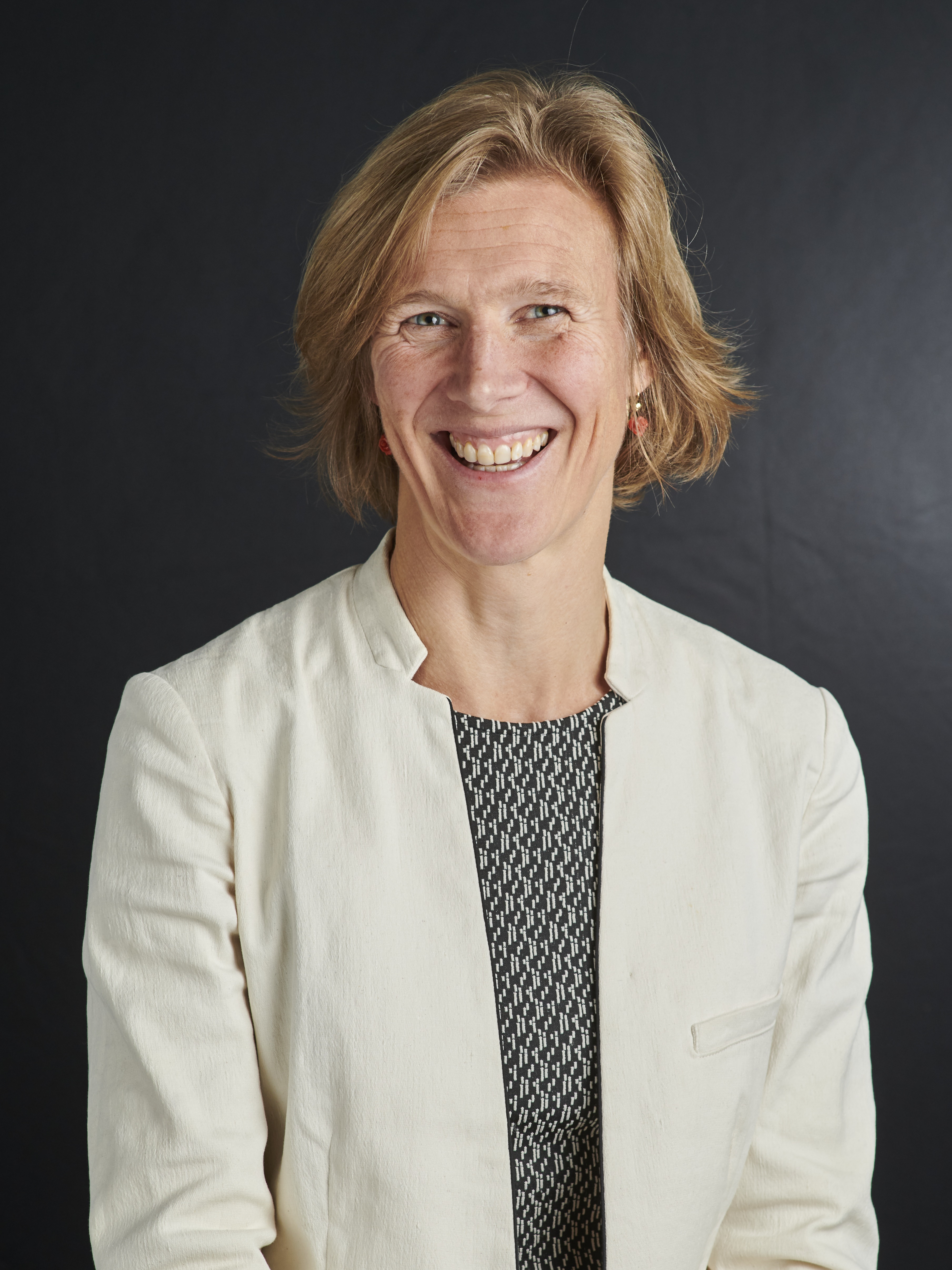Interview with new DEWIS chair
DEWIS has a new chair, Dr.ir. Femke Vossepoel, associate professor in the faculty of Civil Engineering and Geosciences. In this interview, we talk with Femke about gender equality and diversity at TU Delft and what she aims to achieve with DEWIS.
Why did you become actively involved in DEWIS?
As I see it, there’s no fundamental difference between men and women at work. Unfortunately, I sometimes feel that we live in a culture that, consciously or unconsciously, treats women differently than men. This gives me a sense that things are not entirely fair. That feeling was what made me become actively involved in DEWIS. As a <link en about-tu-delft working-at-tu-delft scientific-staff delft-technology-fellowship>Delft Technology Fellow, I’d also like to give something back to our University. The Delft Technology Fellowship is a great initiative: TU Delft invites outstanding women from different backgrounds to come and work here and, as a result, the University has now been enriched by a whole new group of interesting academics. This not only helps balance the male-female ratio, but the influx from outside also gives a broader external perspective and boosts diversity.
What does DEWIS aim to achieve within TU Delft?
The DEWIS mission is to ensure that TU Delft attracts women and creates an inclusive, safe environment that makes women want to stay, giving them the opportunity to grow and reach higher positions. This enables women to apply their talents to the full and helps us in our efforts to reach a male-female ratio that more accurately reflects society. To achieve these aims, we organise activities based around three themes. The first theme is to create awareness of the gender issue. That means, for example, raising awareness among staff of the unconscious biases that exist. The second theme is about getting women involved in TU Delft in order to share their experiences and expand their networks. This helps women feel more at home at the University. The third and, in my view, most important theme is to influence policy. DEWIS was founded in 2006 in order to encourage female academics at TU Delft in their professional and personal development. Since then, the Executive Board has always regarded DEWIS as something of a thorn in its side: we give advice, both solicited and unsolicited. It would be good if we were approached more often and timely to contribute ideas on policy. For example: how can we ensure that more women reach influential positions? How can we ensure that TU Delft is a safe place to work? How can we make sure there is equal pay?
What do you aim to achieve as the DEWIS chair?
I hope to secure a firmer position for DEWIS in the decision-making processes around gender policy so that it’s permanently involved. In recent years, there’s been a huge increase in the diversity of staff and students at our University. At the same time, I realise there’s still a lot of work to be done. The culture could be more open and people should feel safe to respond to unwanted behaviour where necessary and, to achieve that, you need to create a safe atmosphere. I recently read a column in the newspaper: ‘Who do you invite to your party and who joins in the dancing?’ In other words: who feels safe enough to stay? I think we need to make TU Delft staff more aware of the issues at play here: how women are sometimes discriminated against, how a light-hearted comment can be unintentionally hurtful and how we unconsciously expect different things from women than from men. I sometimes speak to PhD candidates who struggle with the same issues that I faced in their position twenty years ago. That’s disappointing. We still have a long way to go.
What recommendation do you have for the Executive Board?
When it comes to selection and appointments, decision-making could be more transparent, not only when recruiting for academic positions, but also when putting together committees. That really benefits diversity across the board. As for my recommendation … (thinks for a moment) …always involve DEWIS in any important policy measures! We can work together in our fight for gender equality and diversity. Within DEWIS, we hear all the stories about women academics at work – within the network, people feel free to share these stories. I think it’s important to take these stories on board in order to make the right policy decisions. These stories lead to figures and statistics and that leads you on to policy.
Would you like to set a quota?
I think that a top-down initiative is necessary to get more women into more senior and influential positions, even if it’s only temporary. A good example is the initiative in Eindhoven where, for the first six months, vacancies are open to women only. Of course, this is not entirely fair, but it’s been unfair the other way for years, so why shouldn't women now be able to benefit from being women at least for these six months? I think this is an effective way to improve the male-female ratio in a relatively short timeframe without compromising quality.
What advice would you give to women academics?
Believe in what you can do and who you are! It may be a cliché, but far too often I see women who feel they need to meet certain criteria setting the bar higher for themselves than for others and resorting to unnatural self-promotion. My advice is this: be honest, look around you and make sure your assumptions are right. Get to know yourself and learn to trust in the things you’re good at. Incidentally, this applies to men just as much as to women.
